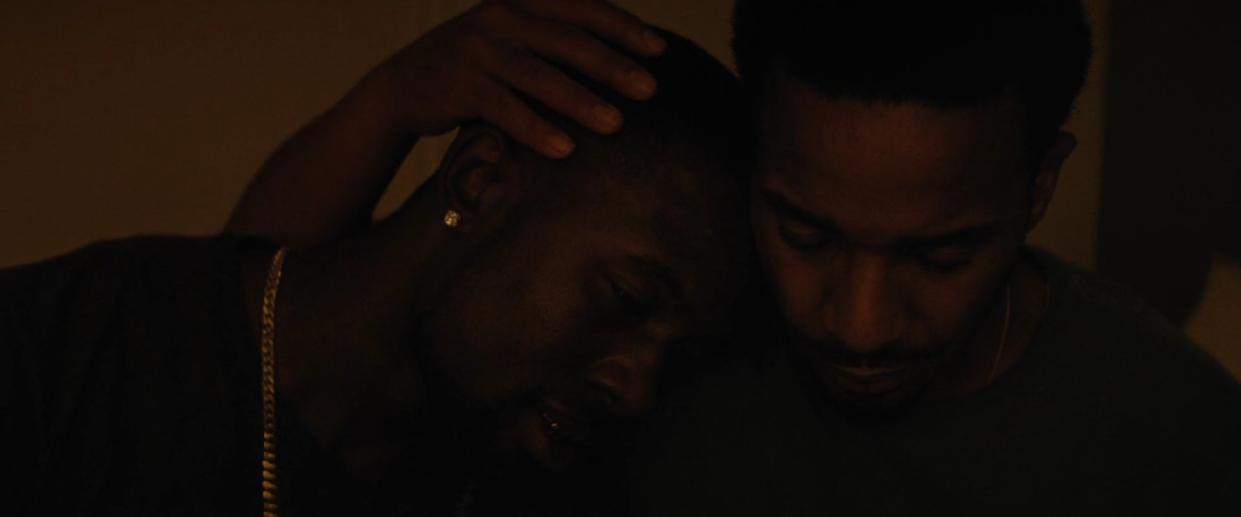Here’s why “Moonlight” winning Best Picture is so important
Moonlight won Best Picture at the 89th Academy Awards, but the impact of the film even surpasses the prestige of the award. A success for Moonlight is an achievement in the storytelling of marginalized communities and their histories.
On December 17th, 1979, Arthur McDuffie committed a traffic violation: he ran a red light. Consequently, Arthur McDuffie was stopped, handcuffed, and beaten by white police officers. Arthur McDuffie was black. He died four days later. On May 17th, 1980, an all-white jury found the police officers not guilty.
This was the political aggression and institutionalized racism that Miami, like many other cities in the United States, was facing. As a result, thousands took their pain and distress to the streets of Liberty City. What followed was an outpour of injustice, a riot that lasted three days, and unilateral action by 500 National Guard troops, ordered by Florida governor Bob Graham. Eight people died, and more than 400 were treated at area hospitals.
The historic marginalization and racially motivated violence was nothing new to Liberty City. Years before, in 1971, Nixon declared the “War on Drugs” — a political tool used to fuel the mass criminalization and incarceration of communities of color. John Ehrlichman, drug policy advisor to President Nixon and key player in the Watergate scandal, told Harper’s writer Dan Baum:
“The Nixon campaign in 1968, and the Nixon White House after that, had two enemies: the antiwar left and black people.” Ehrlichman added, “You understand what I’m saying? We knew we couldn’t make it illegal to be either against the war or black, but by getting the public to associate the hippies with marijuana and blacks with heroin.”
It’s clear. The War on Drugs was not about drugs, it was a war against black and brown communities. The aftermath of Nixon’s political actions violently echoed in the lives and spaces of minorities.
Liberty City, a predominantly impoverished and black neighborhood in Miami, neatly sits between Brownsville and the Atlantic Ocean, housing the Liberty Square Housing Project — the second Federal housing project built in the U.S. It’s also the home of filmmaker Barry Jenkins and playwright Tarell McCraney. Both grew up poor in the same housing project, with mothers struggling with drug addiction.
However, Jenkins and McCarney did not cross paths until the creation of an American cinematic masterpiece. McCarney wrote the play In Moonlight Black Boys Look Blue, and Jenkins adapted the screenplay into film.
The critically acclaimed 2016 feature film Moonlight was born.
Moonlight is set in Miami during the 1980s amid the “War on Drugs” era. It explores the life of a black gay man whose mother is addicted to drugs. The film explores issues that intersect with criminalization, poverty, and institutionalized oppression. The life of Chiron, the protagonist, is explained in three parts: “Little,” as a confused and lost child, “Black,” as a teenager experiencing a sexual awakening and heteronormative aggression, and “Chiron,” as an adult after these growing pains.
Jenkins perfectly illustrates the struggles and complexities of being an outsider.
Moonlight is not a stereotype. It’s a document.
Jenkins revisited his experience with his mother to create an honest representation of Chiron’s mother. He explained in an interview with TIME:
“This character was drawn from my mom, from Tarell’s mom, so the idea of a stereotype never presented itself to me. When you’re drawing from inside the community, you’re drawing on human beings and not any stereotype.”
Moonlight has made history: it won Best Picture at the 89th Academy Awards, it was the lowest budget film to ever win an Oscar, and Barry Jenkins was the first black writer-director to be nominated for Best Picture, Director, and Screenplay.
But it’s a history that extends beyond headlines. From a technical and cinematic perspective, Moonlight is a stunning, painfully-true story paired with visually superb aesthetics and enchanting music.
From a necessary standpoint, Moonlight is a space for the otherization — and the film highlights a conversation that communities of color have already been having.
Its win proves that it has reached and achieved spaces both mainstream and traditional. In times when xenophobia, sexism, racism, and religious-based persecution are prevalent in politics, Moonlight reminds the industry of the importance of stories that accurately and profoundly reflect multidimensional experiences of communities of color.
During his acceptance speech, McCraney dedicated his award to “Black and brown boys and girls and gender non-conforming…who don’t see themselves…we’re trying to show you, you and us…this is for you.”
Beyond the long-list of awards, Moonlight is the sliding door that beautifully opens and enhances the voices of the marginalized. It lets them be placed in positions of art and power. In a world that is constantly reminding us to go to back where you came from — banning the entrance of people to our country based on their religious beliefs and killing our communities at hands of the police — we remind ourselves that, when it comes to art, we need truth — not escapism.





